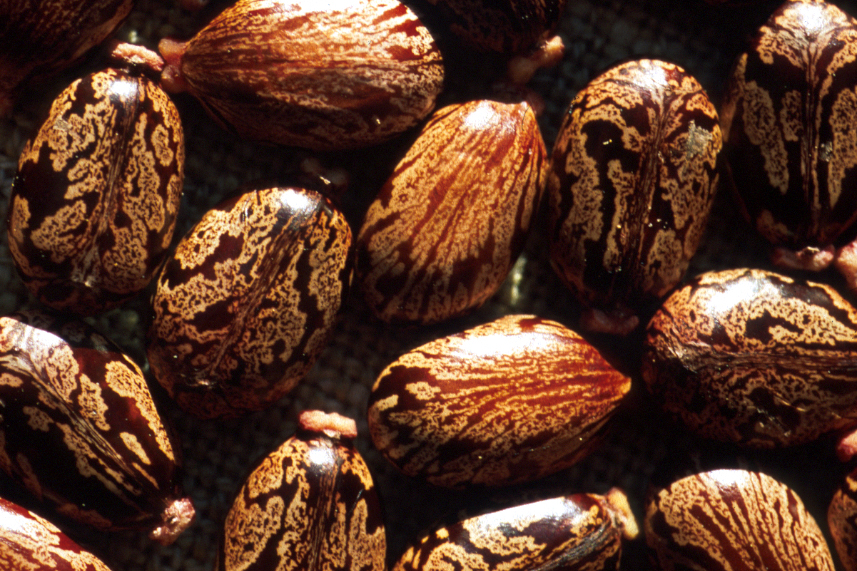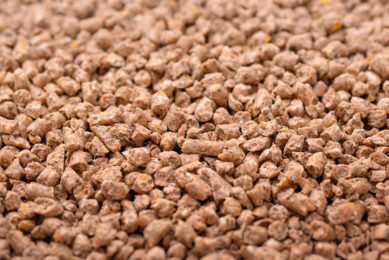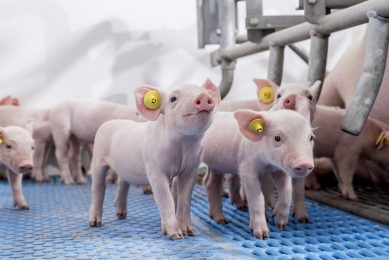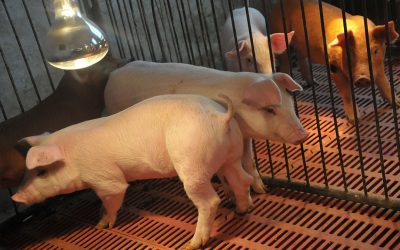Beef goats don’t profit from castor bean

Castor bean is an oilseed from the Euphorbia family. When used as a feed ingredient for growing goat kids, it was shown that this feed ingredient reduced the digestibility and hence feed intake.
Brazilian researchers designed a study to evaluate the inclusion of detoxified castor meal in the diet of growing goats by the nutritional and productive performance. The study included 36 crossbred Boer goats kids (Boer × Anglo Nubian), with average initial weight of 20 kg ± 3.2 kg, in a completely randomised design with four treatments (diets with inclusion levels of detoxified castor meal of 0, 100, 200 and 300 g per kg dry matter) and nine repetitions.
The castor meal was detoxified using calcium oxide in the proportion of 40 g of CaO for each kg of castor meal. Intake, digestibility, performance and metabolic characteristics were evaluated. At the end of the experiment, the animals were slaughtered and eviscerated, and after removal of the head, leather and feet, the carcass weights were measured to obtain the hot carcass weight. From the left half of the carcass, five anatomical regions and sections were individually weighed.
The inclusion of detoxified castor meal linearly decreased (P < 0.05) the intakes and digestibility of dry matter, crude protein, and metabolisable energy. There was also a linear reduction (P < 0.05) of ingested and retained nitrogen, however, the excretion of nitrogen was not affected (P > 0.05) by the inclusion of detoxified castor meal. The serum urea levels decreased linearly, and the microbial efficiency increased (P < 0.05).
The inclusion of detoxified castor meal reduced the performance of the goats, the cold carcass weight and the yields of commercial cuts (P < 0.05). Thus, the inclusion of detoxified castor meal in the diets of growing beef goats causes a reduction in digestibility, intake and in the production performance of the animals.
The full study
can be read here.











